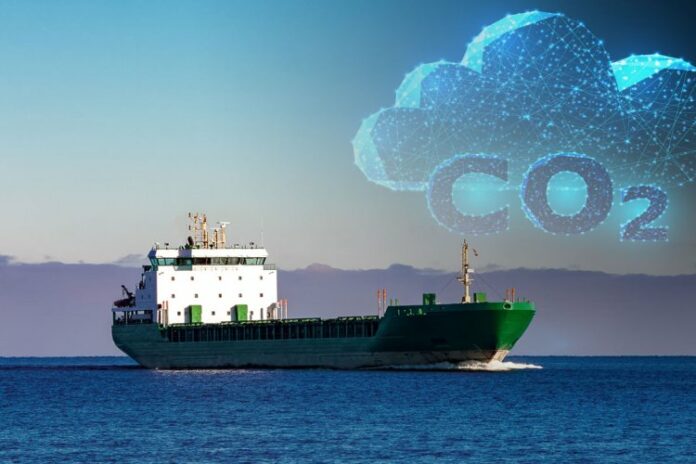Carbon capture and storage is a tool that can capture some of the emissions that are very difficult to prevent – and capturing those emissions is necessary in order to reach European climate goals. That makes carbon capture and storage an essential climate tool.
In 2021, Norway and the Netherlands signed an arrangement on energy cooperation around the North Sea, including carbon capture and storage. Similar arrangements are in place between Norway and Belgium (2022) and Denmark (2023), as well as a joint declaration with Sweden in 2022. In addition, in 2022 and 2023 Denmark, Belgium (the Federal State, Flanders and Wallonia) as well as Netherlands signed arrangements for the transport and storage of captured carbon across borders.
On April 15, Denmark, Belgium, the Netherlands and Sweden each established an arrangement on cross-border transport of CO2 with Norway. Sweden and Denmark concluded a similar arrangement, too. This removes some of the obstacles on the way to a well-functioning carbon capture and storage-market in the wide North Sea region.
In order to decarbonize hard-to-abate sectors, we need carbon capture and storage. In order to reach climate neutrality by 2050 in Europe, we need carbon capture and storage in a larger, international scale. Today’s arrangements are two great steps in the right direction. It’s all hands on deck – and I’m glad to see both Norway and Sweden joining our work towards an international industry for carbon capture and storage – said Danish Minister for Climate, Energy and Utilities Lars Aagaard.
Beside extensive mitigation, the capture and storage of CO2 will be necessary to curb the climate crisis. CCS and BECCS will play a key role towards EU:s objective for climate neutrality 2050 and negative emissions thereafter. Sweden has a great potential för BECCS and we already have projects underway. These agreements are essential for Sweden and its industry in realizing a fossil free future – said Sweden’s Minister for Climate and Environment Romina Pourmokhtari.
Several Baltic ports are involved in projects related to the storage and transport of liquid CO2 and that this is a potential business area in which the ports will be involved. For some industrial sectors, such as cement production, Co2 capture and storage is the only path to decarbonization.



